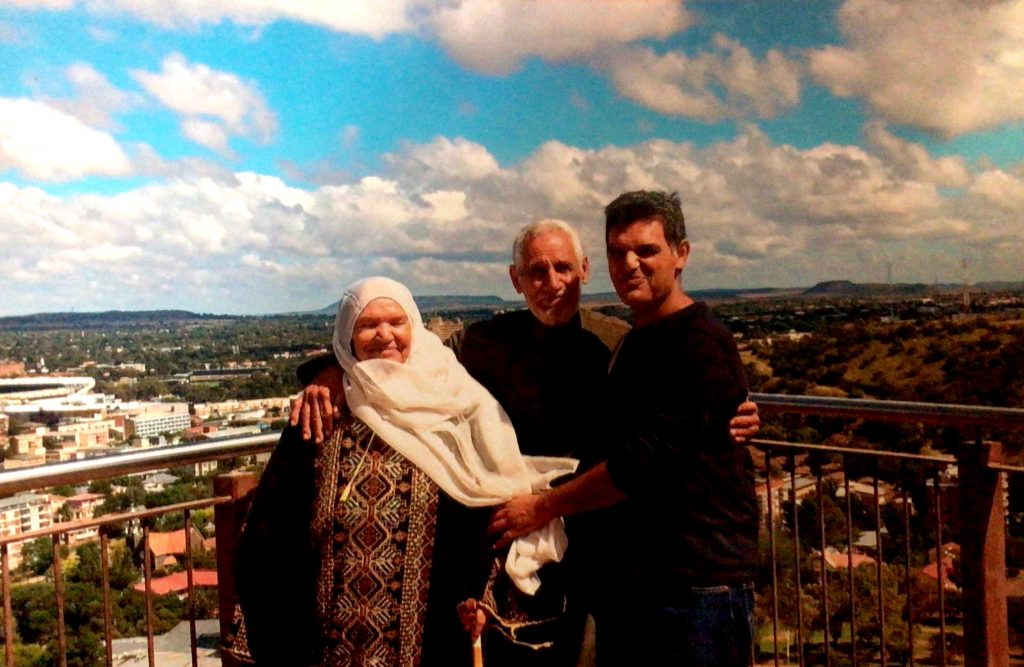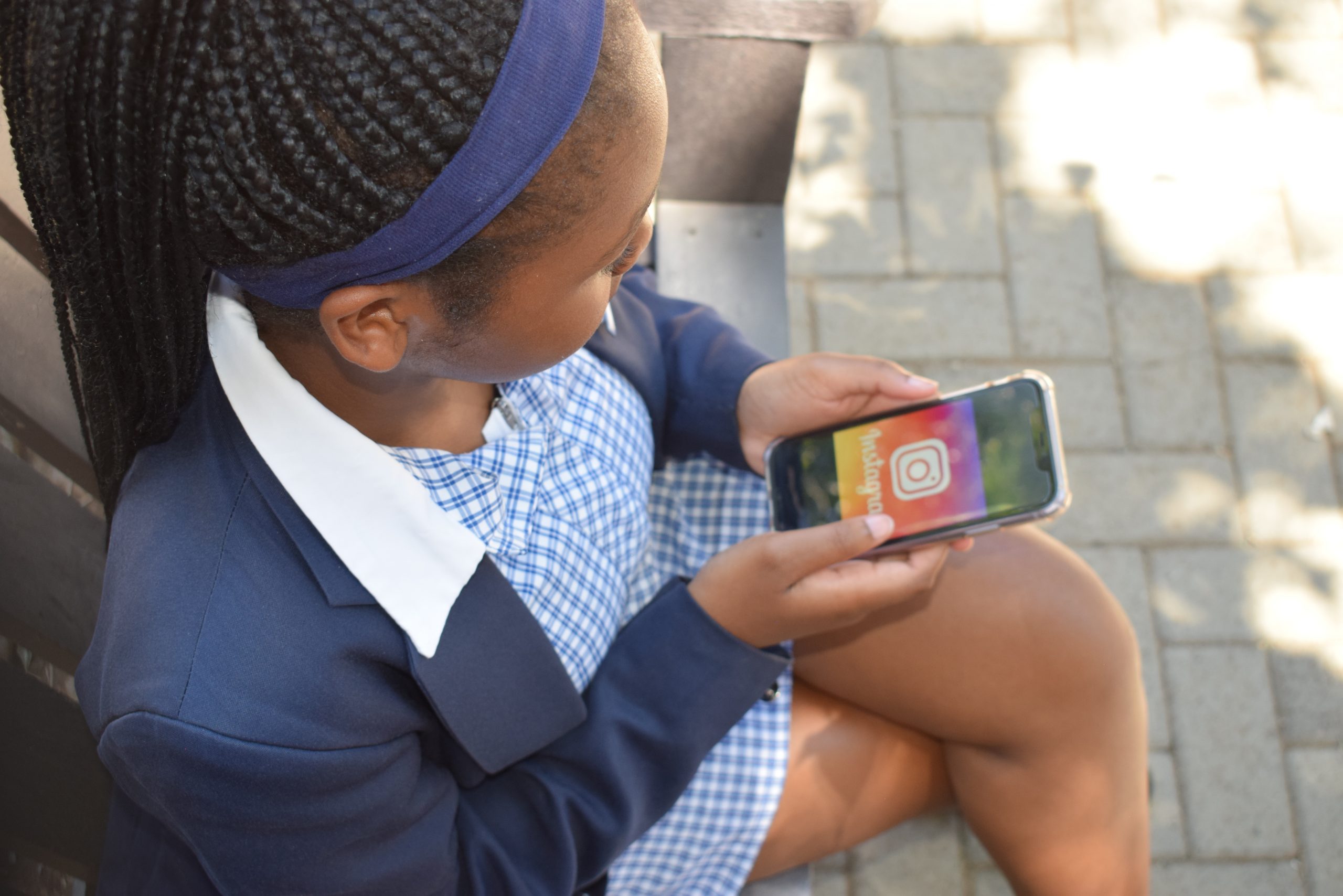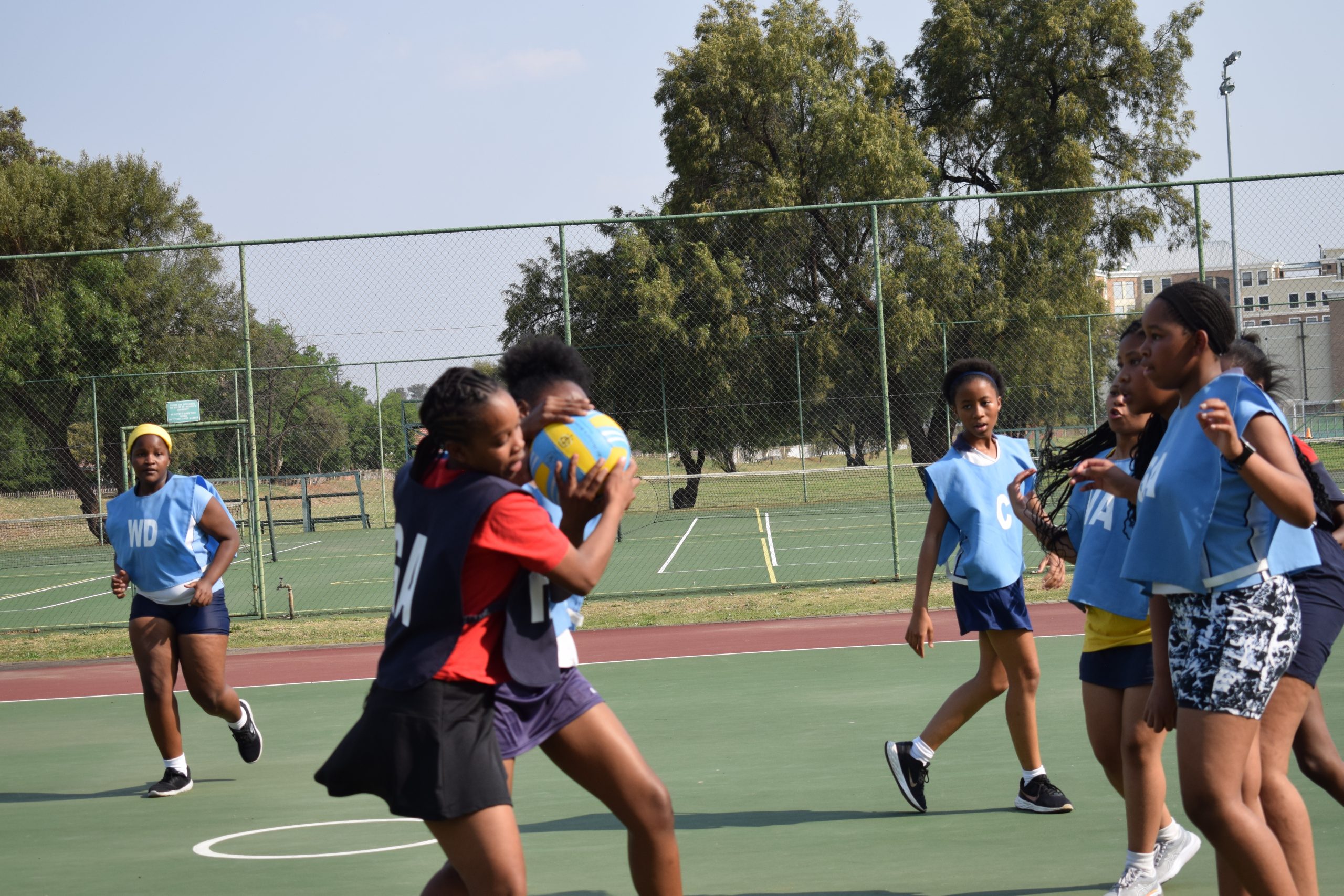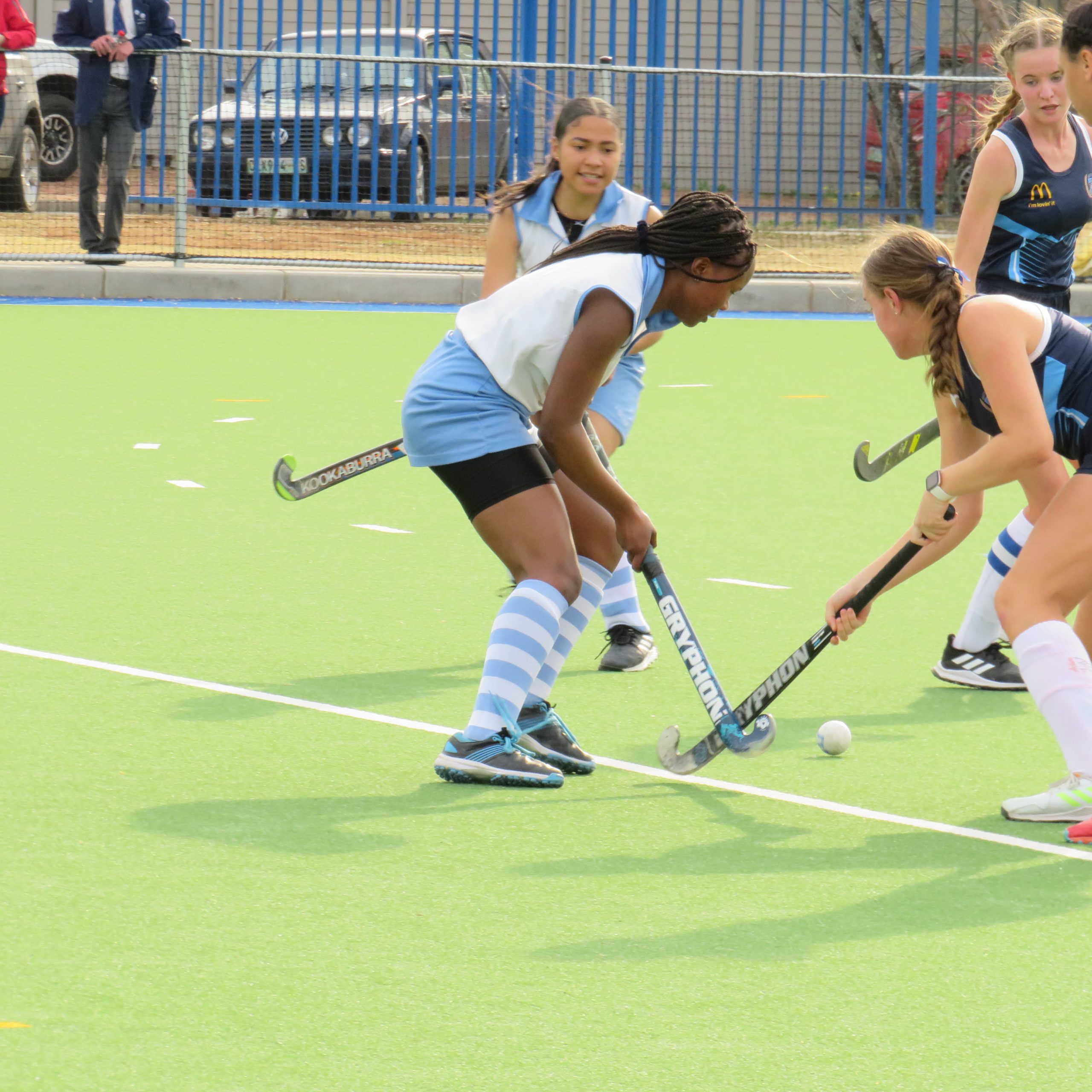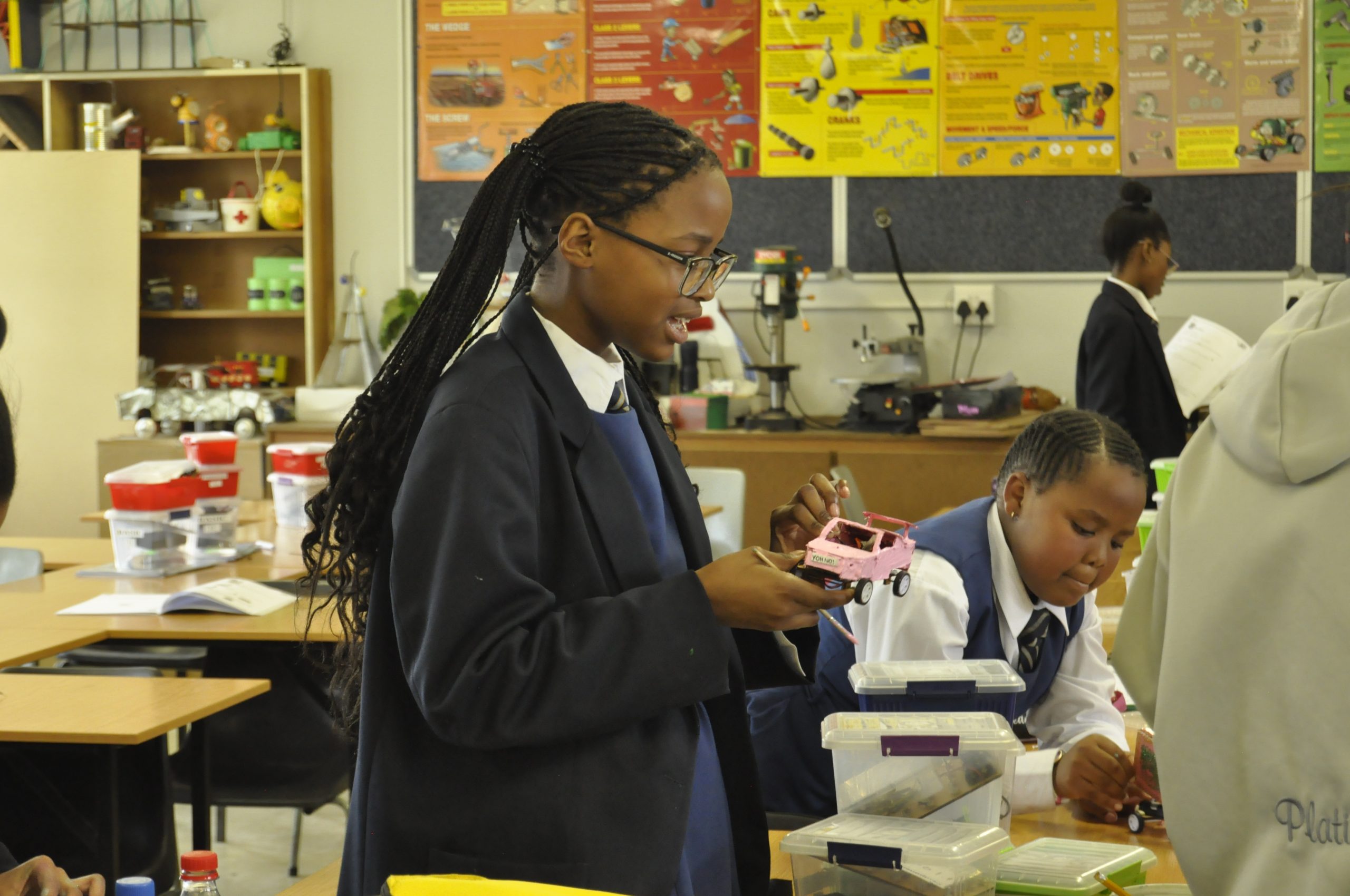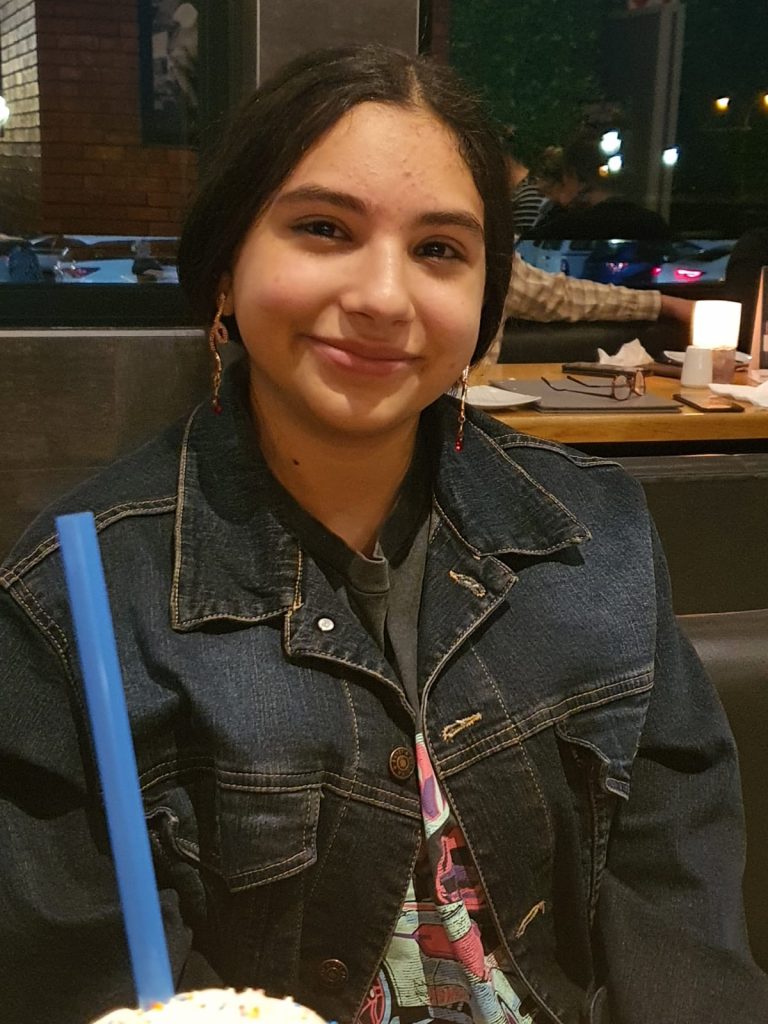
FUMANE MASHEANE
MEDIA REPORTS about the recent bombings in Palestine, which led to many deaths and injuries, have caused many eyebrows to be raised. The conflict between Palestine and Israel has reached a level of extremity that is controversial across the world.
The conflict between the two nations originally started in 1948 after the fall of the Ottoman Empire. The number of Jewish people in the Middle East saw a massive increase following the Holocaust, as many fled from persecution in Europe. For Jews, the territory was their ancestral home, but the same was true for the Palestinian Arabs.
In 1947, the United Nations voted for Palestine to be split into separate Jewish and Arab states, with Jerusalem becoming an international city. The Partition Plan, accepted by Jewish leaders but rejected by Arab leaders, was never implemented. In May 1948, Britain withdrew from Palestine and Israel declared itself an independent state. The 1948 Arab-Israeli War broke out. By the time it ended in a ceasefire the following year, Israel controlled most of the territory, and a few years after that several settlements had been built along the West Bank. A peace agreement was never reached and each side blamed the other, keeping the conflict alive through the decades.
So what caused the recent spike in tension between the two parties? Tension often runs high between Israelis and Palestinians living in the West Bank, East Jerusalem, and Gaza, which is ruled by the Palestinian militant group, Hamas. The Gaza borders are tightly monitored by Egypt and Israel, and increased threats of the eviction of Palestinian families from their homes caused increased strain at the beginning of the Muslim holy month of Ramadan in mid-April, with nightly clashes between the police and Palestinians. There have been reports of two hundred Palestinian lives lost and the destruction of a few Palestinian structures, such as Al Jazeera in Gaza. The ratio of Israeli lives lost compared to those of Palestinians has left many Palestinians infuriated and bitter.
Jeanine Sirsawy, a St Michael’s learner in grade 8, and her parents are of Palestinian origin. She visited Palestine herself when she was very little, and remembers the beautiful white beaches, palm trees, and the sense of community she experienced. Most relatives on her father’s side of the family and some on her mother’s side still reside in Palestine. She says that she and her family feel affected by the situation and they often make calls to their relatives in Palestine. Her grandparents live in an area not greatly affected by the attacks, but they remain constantly concerned.
When asked about her thoughts on the possibility of peace, Jeanine says it is only possible if the whole world is aware and speaks up about the issue. She urges ordinary South Africans to educate themselves on the matter, spread the word, and sign petitions that may help.
There are a number of main issues Palestine and Israel can’t agree on, including, but not limited to, what should happen to Palestinian refugees, whether Jewish settlements in the occupied West Bank should stay or be removed, the issue around what should happen to Jerusalem and whether or not Palestine should also be recognised as an official state, together with Israel. The conflict between Israel and Palestine has reached new levels; the issue is still not resolved and countless lives are still being lost. South Africans should acknowledge what is going on, educate themselves on the matter, and speak up on the issue. It is necessary to have conversations about the problem in order to have conversations about the solution.
